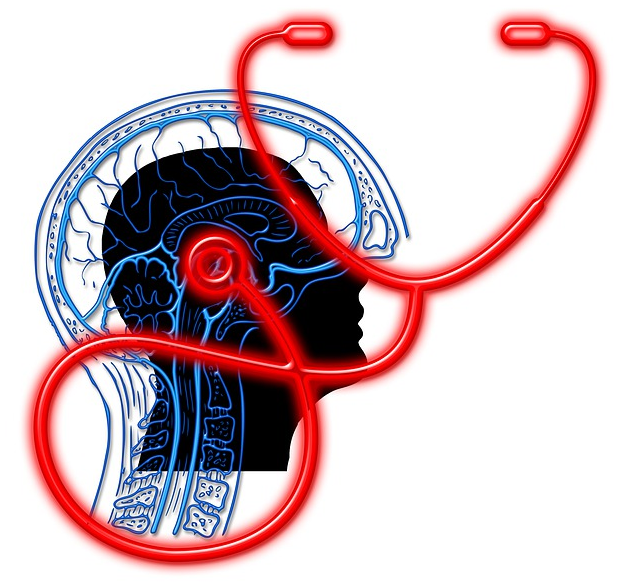The effects of a concussion/traumatic brain injury could last a lifetime or a person could recover relatively quickly.
Recovery times will vary considerably based upon injury severity, age, lifestyle habits, and importantly pre-existing conditions. Treatment and rehabilitation or lack of could also have a big impact upon recovery.
Pre-existing Factors Effect Concussion Recovery
Pre-existing factors can help predict recovery, responses to certain types of treatment/rehabilitation, and types of recommendations that might be most beneficial to the person.
Many different pre-existing factors increase risks of slower recovery or even risks of very long term problems.
These include any significant metabolic problems. These problems effect the person’s ability to make energy.
Common examples would be diabetes/insulin resistance, any type of anemia, many types of breathing problems that reduce oxygen, among others.
Any underlying chronic health problem driving inflammation can be a problem. These problems could include autoimmune conditions, gut problems, and others.
A past history of concussion(s) would also be a pre-existing problem that will likely effect recovery.
One of the problems with tbis and concussions are that even if function recovers and seems to be ok, there are often permanent changes in the brain’s immune cells called microglia. These cells can permanently change in a process called microglial priming making them more aggressive and more likely to drive greater inflammation in the future and with the next head trauma.
Evaluation and Management of Concussions
Treatment/rehabilitation that is properly performed as necessary could also be a major factor. This is much more complex than it would seem.
The practitioner’s understanding of concussions, neurology, skill in evaluating brain function, measuring changes to properly determine type and amount of rehabilitation, knowledge about effective home/lifestyle recommendations, and more are all important components in recovery for many people.
Brain injuries can be devastating both initially and even in cases where the person appears to recover fairly well – in the future.
Concussions/tbis can set up future problems including susceptibility to future head traumas and neurodegenerative problems that can also be a massive problem.
A person (or the parent of a child) who suffers a tbi/concussion should take the injury very seriously and do whatever it takes to ensure that they recover as well as possible.
It’s not enough to only go to the ER and get a CT of your head… even though this might be very necessary. It would be the first step, not the last. The ER doctors can help make sure that there aren’t serious immediate threats to your health like swelling within your head.
It also very likely won’t be enough to go see your family doctor unless they have developed extensive skills in evaluating and managing these injuries… again even though it might be necessary to see them. Of course, generally the family doctor will refer out to others for evaluation and management. This brings up the next point in that the family doctor most likely will refer to a PT for treatment/rehabilitation.
It very likely won’t be very effective to be referred to a PT who only follows some cookbook recipe for everyone who has the diagnosis of concussion. Some PTs are more skilled than others.
The same would be true of chiropractors who also evaluate and manage many concussions. Yes, chiropractors see a lot of concussions. Many of these are due to car accidents while others are due to falls or sports injuries.
Some chiropractors are exceptional at evaluation and management. Others don’t have any idea that the person even has a concussion. The skill in evaluating and managing these injuries varies dramatically from practitioner to practitioner.

 Protected by Patchstack
Protected by Patchstack
Leave a Reply